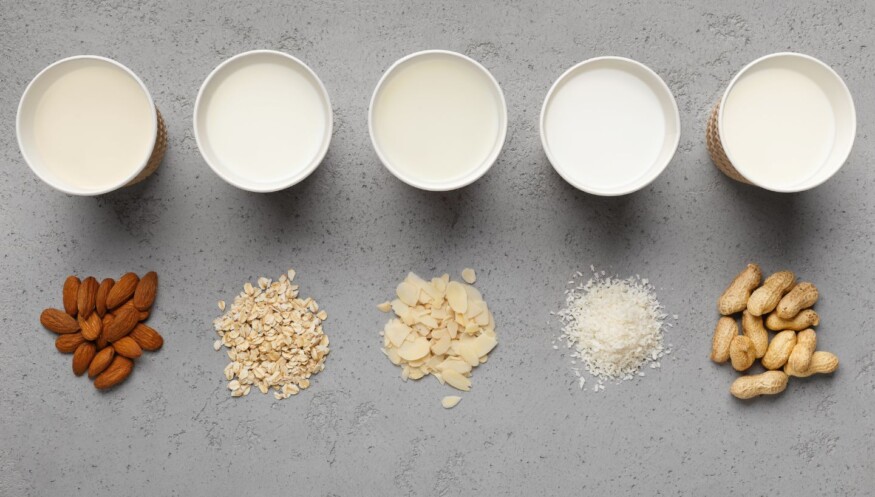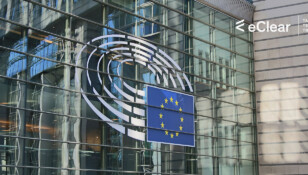A reflection of consumer behaviour
Klüssendorf argues that VAT, as a central consumption tax, should be based on people’s consumption. “Our system is outdated and needs to be changed,” he said in a LinkedIn post. “Equal tax treatment of milk and milk substitutes is long overdue, as it long reflects social realities and puts people on an equal footing in their consumption patterns.”
An end to tax confusion
In the world of taxes, there are often curiosities that could make even the most knowledgeable tax expert ponder. Take the example of coffee, a beverage millions consume in numerous varieties daily.
In Germany, black coffee, or coffee with a small shot of condensed milk, is taxed at 19%. The same applies to a latte, where the ratio of coffee to milk is about 50/50. But woe betide anyone who treats themselves to a cappuccino or a latte macchiato, where the milk content is 75% or 80%, respectively: Here, the VAT rate suddenly drops to 7%. Things get even more complicated when you consider plant-based milk alternatives. A cappuccino or latte macchiato with soy or oat drink? That hits you again with 19%.
This fiscal quandary raises questions about the logic and consistency of tax policy. It reflects the challenges posed by changing consumption patterns.
Milk vs. “drink”: the language debate
In Germany, the term “milk” is protected by law and may only be used for the product of udder secretion from animals. This goes back to Annex VII of EU Regulation No. 1308/2013, which reserves “milk” exclusively for the “product of normal udder secretion” of animals such as cows, goats, and sheep. Therefore, plant-based alternatives made from soy, oats, or almonds may not be called “milk”. Instead, they must be labelled as “drink” or “alternative”. This regulation has caused controversy, especially in the context of the rising popularity of plant-based milk substitutes. Supporters of the regulation argue that it protects consumers from confusion and ensures the quality of dairy products. Critics see it as an unnecessary restriction that penalises innovative and sustainable products.
Ecological and economic considerations
According to a report by ProVeg International, 28% of Germans already drink plant-based milk at least once a week. In addition, the Good Food Institute (GFI) Europe found that Germany has the highest sales value for plant-based milk in Europe. Hönel underlined the environmental benefits: “Oat drinks, for example, require over 11 times less land, use 13 times less water and emit 3.5 times less greenhouse gases than cow’s milk,” based on a 2018 Oxford University study.
Budgetary concerns and political realities
Despite the support of the SPD and the Greens, there are concerns about the budgetary impact. Till Mansmann, the FDP’s VAT expert, urged caution: “We have to wait for the tax estimate first and make decisions on that basis.” The German Economic Institute (IW) even suggested lowering the VAT on all non-alcoholic beverages to 7%.
Social change
A study by the University of Hohenheim showed that Germany has the largest market potential for plant-based milk in Europe. This is driven by a strong stance on animal welfare. According to a USDA’s Foreign Agricultural Service report, Germany also has the largest flexitarian (55 %) and vegan (about 10 %) population in Europe.
VAT rates in the EU
While the debate on the taxation of milk substitutes is gaining momentum in Germany, significant tax policy changes are also emerging in other European countries.
VAT rates for food, including milk and milk substitutes, can vary significantly across EU Member States. Some countries offer reduced VAT rates for essential food products, while others apply the standard VAT rate. These VAT rates are crucial for consumers and businesses in cross-border trade within the EU.
In the Czech Republic, a consolidation of the reduced tax rates of 15% and 10% to a uniform rate of 12% is under discussion. Czech MPs are expected to debate the draft in September, which could have far-reaching implications for consumption and the country’s economy.
In parallel, Romania plans to initiate a tax reform focusing on foods with high sugar content. The new proposal is to raise the tax rate on products containing more than 5g of sugar per 100g to the standard tax rate. This initiative could be interpreted as a reaction to the rising health problems in the country and represents a paradigm shift in Romanian tax policy.
Are you a merchant? The unique VATRules database by eClear covers all standard VAT rates across the EU, including all country-specific reductions, exemptions, and temporary adjustments. Find out more here.
Our solution for tax advisors: FileVAT, the automated VAT compliance for the EU27, Switzerland, the UK, and Norway. A single portal for all your clients. Get Started.
Conclusion
Calling for a tax cut on dairy substitutes or sustainable products is an essential step towards a more sustainable and just society, a movement called for by initiatives such as GreenVAT. It reflects changing consumption habits and considers environmental and health aspects. The signs are pointing to change, but the final decision depends on various factors, including the upcoming tax estimate in autumn.







